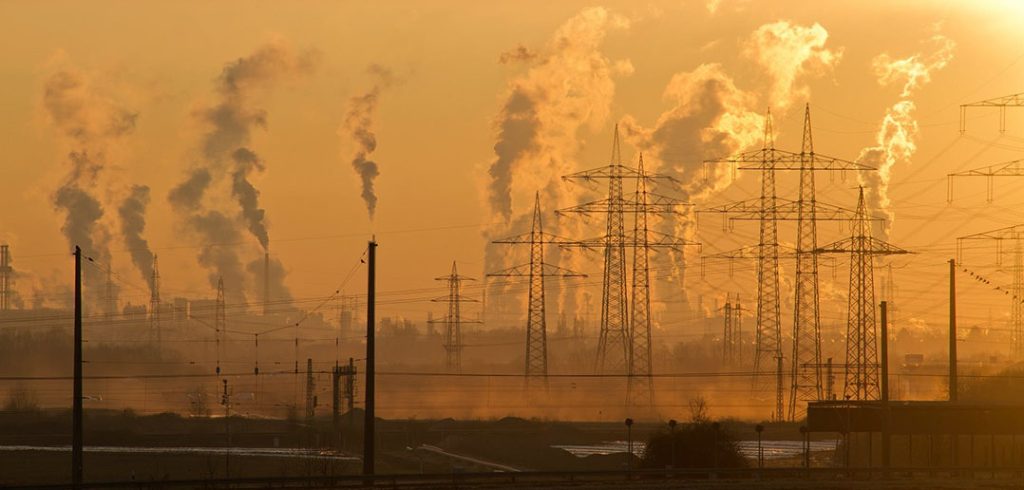Fordham professor Marc Conte and fellow researchers have devised a model to predict the impacts of climate change on individual economies worldwide, and the outlook is bleak for the least developed regions.
Published in the journal Nature, “Unequal Climate Impacts on Global Values of Natural Capital” reveals a staggering forecast: By the year 2100, 90% of climate change’s impact on vital ecosystems, including woodlands, grasslands, and other sources of economic benefits, will be shouldered by the poorest 50% of regions worldwide. These regions, Conte said, are more reliant on this “natural capital.”
“Humanity derives a lot of value from natural capital, and this value has been ignored in most models of optimal climate emissions,” said Conte, an associate professor of economics at Fordham who played a pivotal role as one of the co-authors of the research. The study, funded by a $750,000 grant from the National Science Foundation, was a collaborative effort with researchers from the University of California, Davis.

The implications of the findings extend beyond the scientific realm into global policymaking. “We’re allowing too many emissions, and we need to pay more attention to these impacts,” Conte emphasized, highlighting the urgent need to refine the framework used to determine acceptable greenhouse gas emissions.
To comprehend the impacts of greenhouse gasses on human well-being and national economies, Conte and his co-authors employed a sophisticated approach, using global vegetation models, climate models, and World Bank estimates. The study leveraged the World Bank’s wealth accounts to evaluate non-market ecosystem benefits, offering a standardized metric for comparison. The modeling allows more precise predictions.
“The World Bank’s values, although conservative in the scope of benefits included, provide a consistent approach to understanding the value of natural capital at the national level,” Conte said. “Our research takes this a step further by disaggregating a country’s total value of natural capital and distributing it across different ecosystems within its borders.”
Beyond the scientific discoveries, the research raises ethical and policy considerations of global significance. Conte highlighted the responsibility of wealthier nations to recognize and address the disproportionate impact of climate change on less affluent regions, emphasizing that climate change is not merely an environmental concern but a profound economic and social issue.
“Many of the low and middle-income nations located in the tropics are not responsible for climate change. Although they are not major emitters, they are bearing the burden of decisions that have been made by high-income nations,” Conte said.


